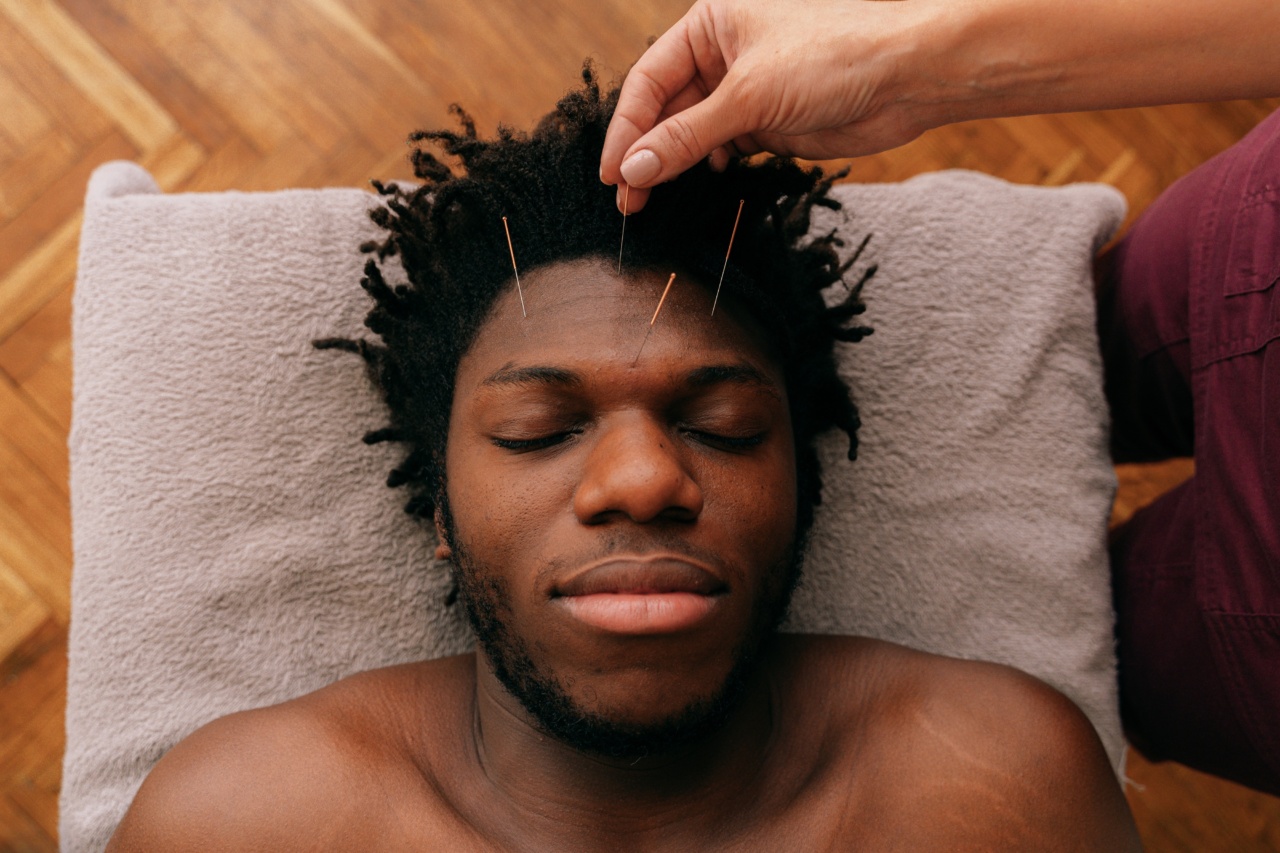Women often have hair on their chins that can be a source of personal embarrassment. Many resort to plucking, waxing, or shaving to remove this hair. However, chin hair can indicate an underlying hormonal imbalance that requires medical attention.
In this article, we will explore what chin hair can reveal about your hormones.
What is chin hair?
Chin hair is the growth of hair on the chin area of the face. It is often associated with men and their beards, but women can experience growth in this area as well. The presence of hair on the chin area is not uncommon among women and has various causes.
Chin hair is a result of hormonal changes in the body that occur naturally during puberty, pregnancy or menopause or as a side effect of medication that affects hormone levels.
What causes chin hair?
The primary cause of chin hair is hormonal imbalance; specifically, an increase in the male hormone, testosterone.
Testosterone is a hormone that is produced in small amounts by the female body and is responsible for the development of male physical characteristics. An increase in testosterone levels causes hair to grow in areas such as the chin and upper lip.
The hormonal changes that trigger an increase in testosterone are commonly related to age or genetic factors but may also be caused by certain medications or underlying health conditions.
Age-related hormonal changes
Hormonal changes that occur in the body as we age can cause chin hair growth. As women approach menopause, their estrogen levels decline, and their testosterone levels may increase.
This hormonal shift can cause chin hair growth as well as other changes such as mood swings and irregular periods.
Polycystic ovary syndrome (PCOS)
PCOS is a hormonal disorder that affects women of reproductive age. It is a condition in which the ovaries produce higher than usual amounts of testosterone, leading to various symptoms, including chin hair growth, acne, and irregular periods.
Women with PCOS may have small cysts on their ovaries that can interfere with fertility and impact overall health. PCOS can be diagnosed by a doctor and treated with medication and lifestyle changes.
Cushing’s syndrome
Cushing’s syndrome is a rare condition caused by an excess of the hormone cortisol in the body. It can develop due to the use of corticosteroid medication or a tumor on the adrenal gland.
People with Cushing’s syndrome may experience chin hair growth, weight gain, and mood changes, among other symptoms. Treatment options for Cushing’s syndrome depend on the underlying cause of the condition.
Medication side effects
Various medications can cause hormonal changes that lead to chin hair growth. For example, medications that are used to treat endometriosis or polycystic ovary syndrome can cause hair growth in unwanted areas of the body, such as the chin.
The use of anabolic steroids or testosterone supplements can also lead to unwanted hair growth.
How to treat chin hair
There are several ways to remove chin hair, including:.
- Waxing
- Shaving
- Plucking
- Laser hair removal
- Electrolysis
If you are experiencing chin hair growth, it is essential to speak to a healthcare professional. They will evaluate your symptoms and help you determine the underlying cause.
If the cause of your chin hair is related to a hormonal imbalance, your doctor may prescribe medication or other treatments to help regulate your hormone levels and manage your symptoms.
Conclusion
Chin hair is common among women and is often caused by hormonal imbalances. An increase in testosterone levels can cause hair growth in areas such as the chin and upper lip.
Hormonal changes related to age or underlying medical conditions, such as PCOS or Cushing’s syndrome, can also lead to chin hair growth. If you are experiencing chin hair growth, it is important to speak to a healthcare professional to determine the underlying cause and receive appropriate treatment.





























